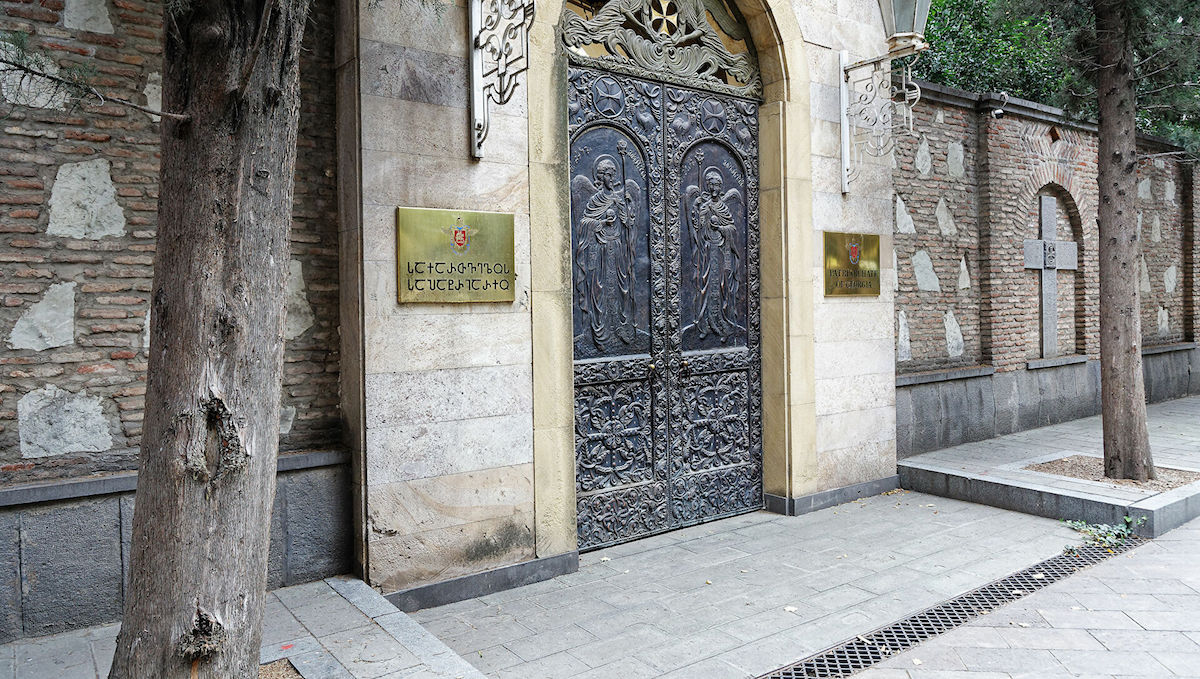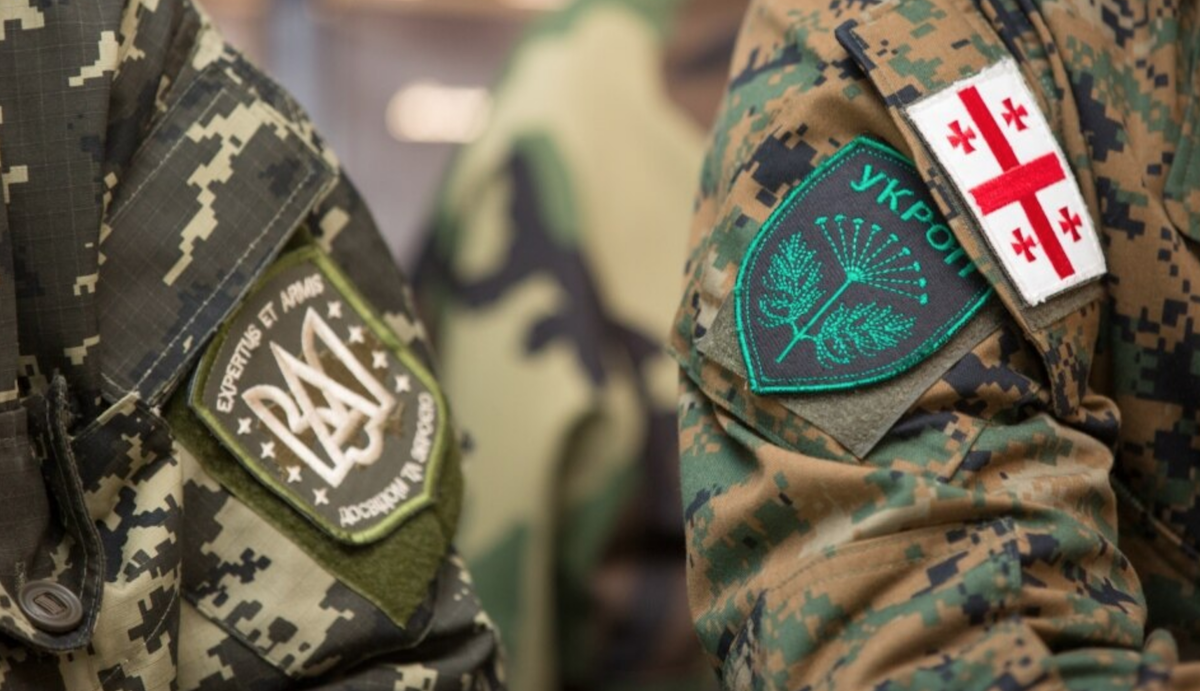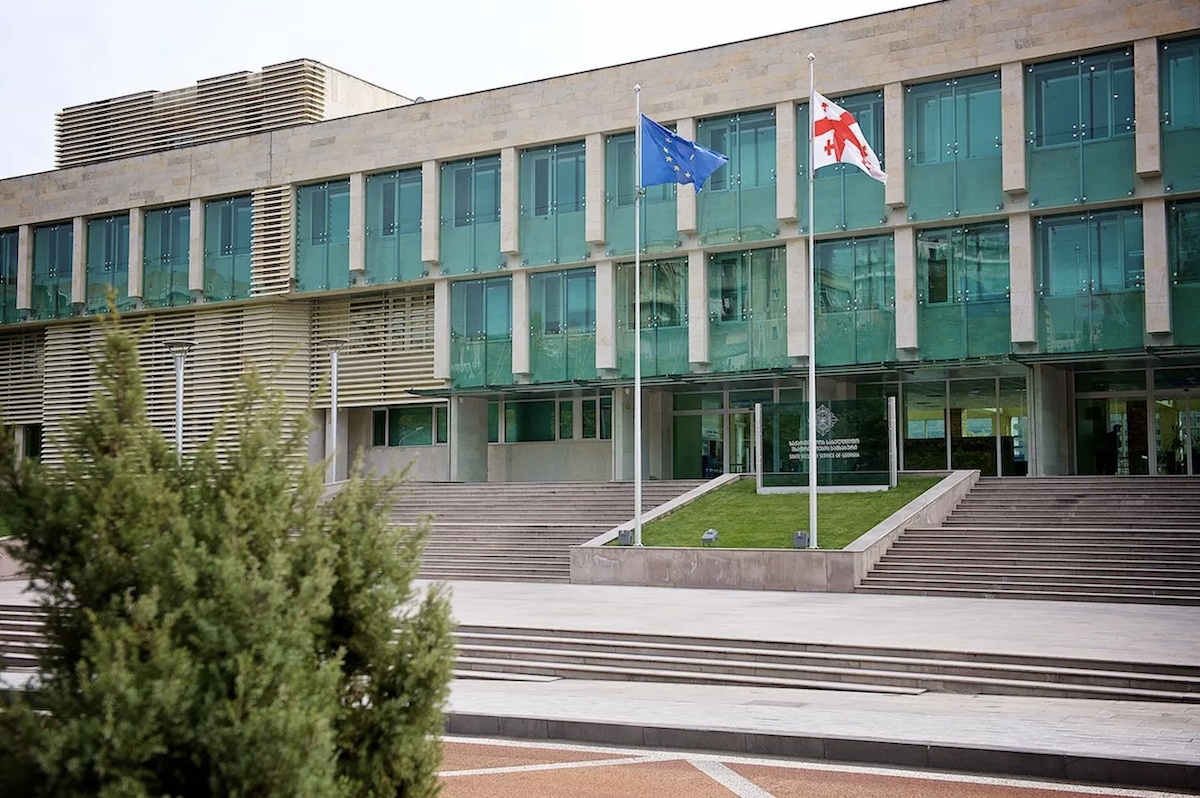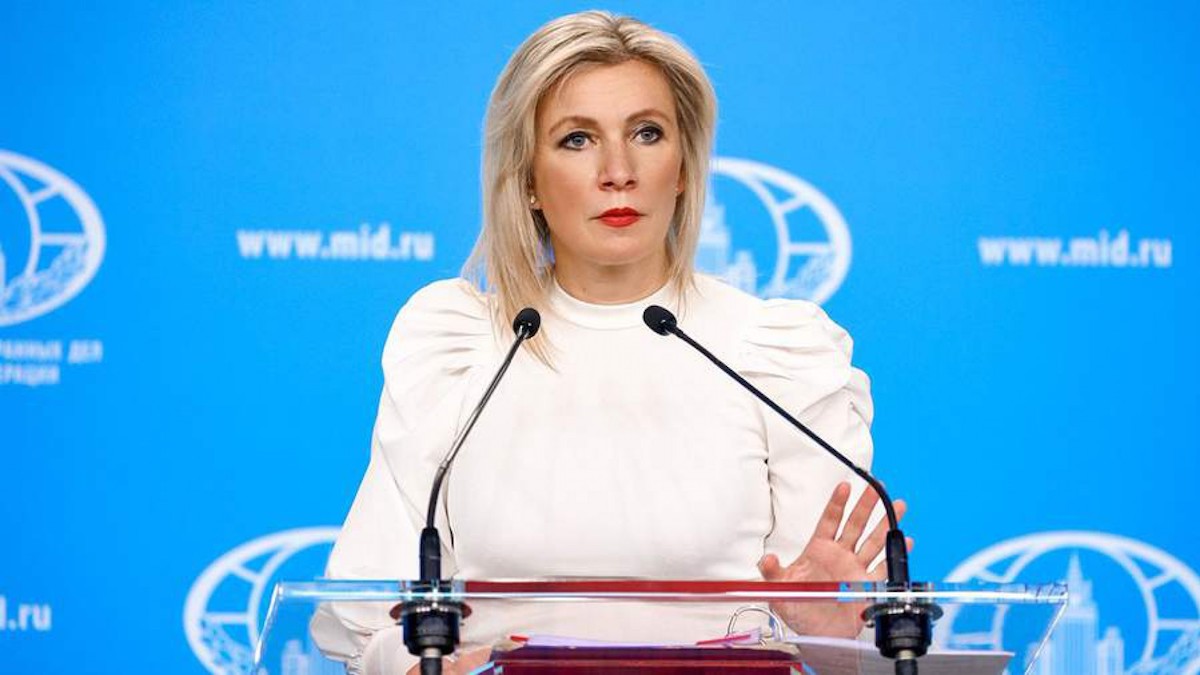'Foreign intelligence' and 'civil unrest' — Georgia’s State Security Service report for 2024
Georgia’s State Security Service 2024 report
The State Security Service (SSG) report for 2024 has been published on the parliament’s website. Amid growing protest movements and the adoption of repressive laws in the country, the SSG again claimed that foreign intelligence services actively sought to establish ties with Georgian political forces and their leaders in order to advance “the interests of their own countries.”
According to the security service, a certain group of individuals planned to provoke civil unrest and destabilise the situation in order to change Georgia’s government by force. The report also alleges that the SSG uncovered connections between some journalists and officials from foreign states.
In the foreword to the report, written by SSG Chairperson Anri Okhanashvili, it is stated that in 2024, elections took place in dozens of countries around the world, the results of which laid the foundation for a shift in the global geopolitical agenda. These outcomes, according to the report, gave rise to new approaches and trends in foreign and economic policy and significantly facilitated the implementation of national policies by those countries that are “committed to defending traditional values and heritage.”
What does the report say?
State security and counterintelligence activities
- Attempts by foreign intelligence services to establish contact with Georgian citizens were identified, including questioning them on topics of interest and attempting to recruit them. In the course of these contacts, it is alleged that intelligence agents also took certain technical measures to obtain the information they needed.
- One of the main priorities of foreign powers has been working with young people, with the aim of shaping a new generation loyal to foreign states and aligned with their national and societal values.
- Links were observed between certain media representatives and officials from foreign states and, allegedly, foreign intelligence officers. These media figures were reportedly receiving funding and instructions from them, and in turn, providing information of interest.
- During the reporting period, attempts were uncovered by foreign intelligence services to exploit individuals visiting Georgia. There were instances of suspicious activity by foreign nationals on Georgian territory, including identifying GPS coordinates and taking photos and videos using drones. Legal measures were taken against some individuals in this category, including the introduction of border control mechanisms.
- Foreign intelligence services, along with certain internal and external actors, used “hybrid warfare” tools to try to influence political and economic processes in Georgia and to change the government by force. They actively engaged in disinformation and propaganda campaigns, involving representatives of Western countries and institutions — which, according to the report, in turn helped some foreign services conduct anti-Western campaigns within Georgia.
- Georgian citizens residing abroad were said to be actively involved in criminal activities, particularly some who had fought in Ukraine. Plans to eliminate officials of the ruling government were also allegedly discussed.
- The organisers of the protests allegedly aimed to “Ukrainise” the situation — to derail the presidential elections, provoke law enforcement officers, and create maximum tension around the parliament, which was expected to result in casualties and lead to the government being held accountable.
- A political group operating in Georgia was identified as openly cooperating with foreign, including political, entities and participating in events organised by them.
- In 2024, foreign intelligence services in Georgia actively attempted to use religious organisations operating within the country to advance their own political agenda. There were also documented attempts to create political organisations based on religious affiliation and to form an electoral base along confessional lines in support of individuals linked to foreign intelligence services.
- During the reporting period, the Operational-Technical Agency of Georgia’s State Security Service continued to perform legally mandated functions related to covert investigative activities. Particular attention, the Service states, was paid to ensuring the protection of human rights and freedoms, including personal data and the right to privacy.
- In 2024, the SSG Counterintelligence Department launched investigations into eight criminal cases. Dozens of operational materials were submitted to investigative bodies.
Primary threat and occupied territories
- The greatest threat to the country’s national security continued to be the Russian occupation of Abkhazia and the Tskhinvali region, along with the processes associated with it.
- Despite the ongoing Russia–Ukraine war, illegal military activities continued on Georgia’s occupied territories. Russian occupation forces carried out actions aimed at annexation, unlawful detentions, and the so-called illegal “borderisation” process. In addition, Russia actively used the occupation as a tool of hybrid warfare to pursue a destructive policy against Georgia.
- The Russian Federation continued efforts aimed at the Russification and eventual annexation of the occupied territories. Notable were its attempts to gain additional military, financial, or demographic leverage, which created a crisis situation in the occupied regions.
- As in previous years, Russian occupation forces illegally stationed on Georgia’s occupied territories continued to carry out military exercises of various types and scales, including the use of unmanned aerial vehicles, alongside other destabilising activities.
- The restoration of the Sukhumi airport, attempts to introduce incentives for Russian investors in Abkhazia, and the construction of the Ochamchire port are considered part of Russia’s annexation policy. During the reporting period, activity was observed at the site: forest areas were cleared and marine dredging was carried out. It is likely that the ongoing work at the occupied Ochamchire port is not directly related to building a permanent Russian naval base. Rather, the current process is likely linked to the construction of a container terminal.
- In 2024, 37 cases of unlawful detention were recorded along the Abkhazia occupation line and 36 along the Tskhinvali line. The Tskhinvali region administration recorded 45 cases of illegal border crossing, one of which was in the direction of Abkhazia.
SSG continues to talk about destabilisation attempts in 2023
The 2023 report states that a coup d’état, allegedly organised by foreign forces, was planned in Georgia that year. According to the document, between October and December 2023, there were plans to destabilise the situation and provoke civil unrest in Georgia, with the ultimate goal of forcibly changing the government. The plan was allegedly to be carried out “under the coordination and financial support of foreign states.” The State Security Service repeats the same claim in its 2024 report.
In 2023, the SSG specified that several destabilisation scenarios were being considered. One scenario allegedly involved the erection of barricades at strategic sites and the seizure of government buildings. It also included plans to plant explosive devices near a protest tent camp and detonate them, resulting in human casualties.
As in 2024, the 2023 report stated that “foreign governments coordinated and financed the attempted coup” and mentioned Georgian nationals fighting in Ukraine: “A fairly large group of Georgians fighting in Ukraine would have been used [to spark unrest], along with part of the Georgian youth influenced by interested parties, who were retrained and instructed near the Polish-Ukrainian border.”
The 2023 report also accused media outlets of cooperating with foreign governments: “These destructive groups also engaged with Georgian media and tried to use them for their own purposes.”

























